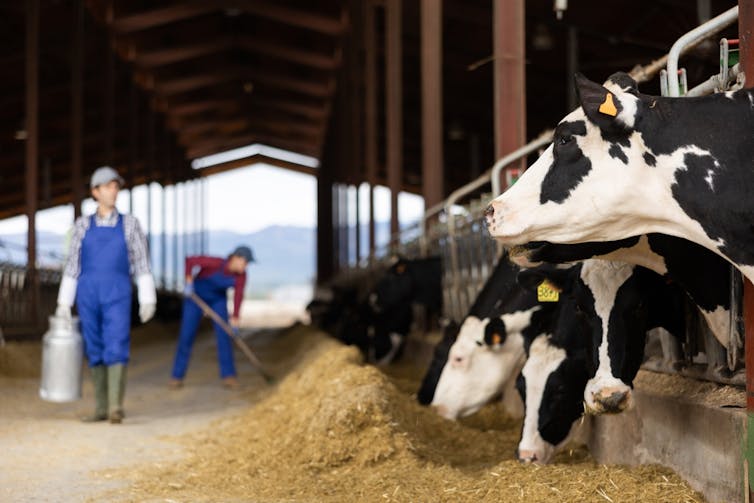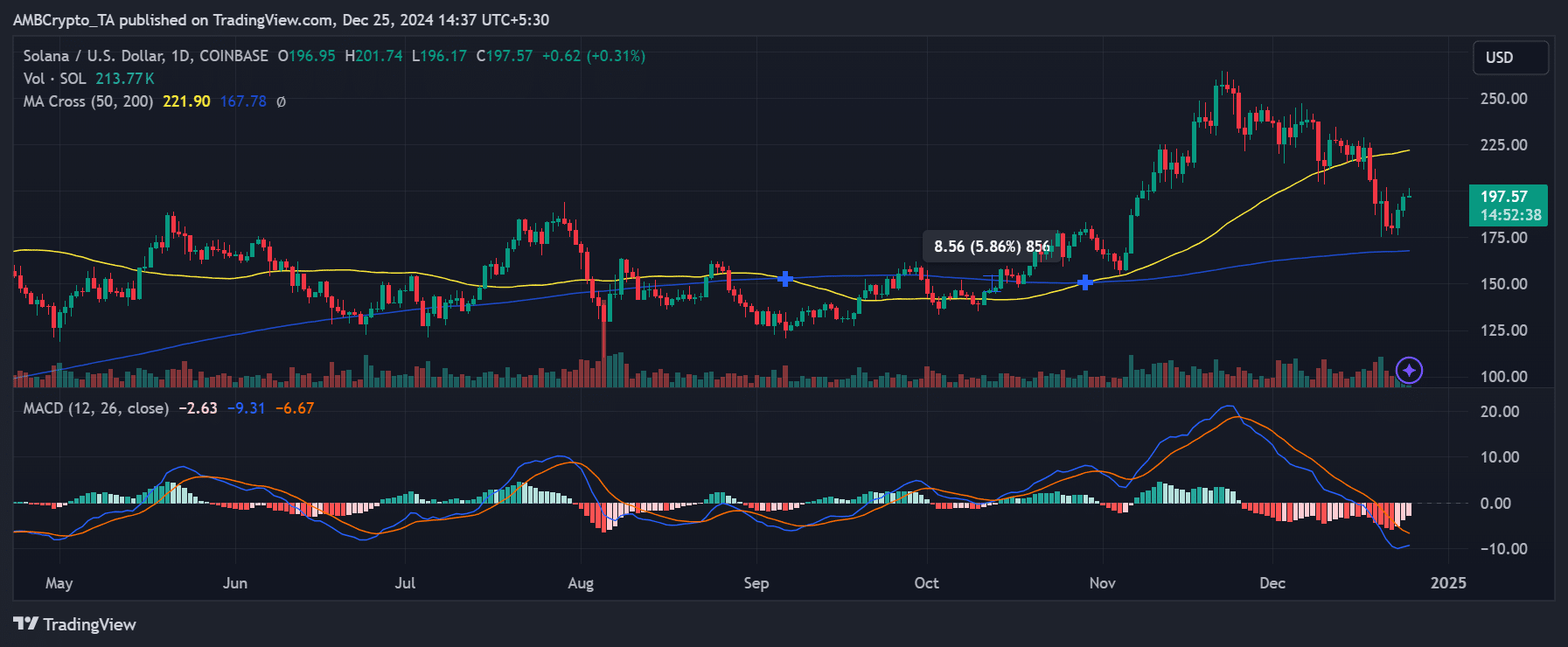Engineered stone countertops made from crushed quartz have become popular in the U.S. over the last ten years. Manufacturers promote their variety of colors and patterns, as well as their heat resistance. However, these countertops can contain up to 95% crystalline silica, posing a serious health risk to workers who inhale the dust during fabrication, leading to a deadly lung disease called silicosis. Dr. Jane Fazio, a pulmonary critical care physician at UCLA Medical Center, reported that she speaks to silicosis patients almost every week. A study she led in California revealed that nearly one-fifth of workers who contracted silicosis on the job died from the disease.
The impact of this disease disproportionately affects immigrant Latino workers in the industry, not only endangering their lives but also placing emotional and financial burdens on their families. Workers like Dennys Williams, who recently received a double lung transplant, and Arturo Bautista, who continues to work despite being diagnosed with silicosis, are just a few examples of those affected. Another worker, Gustavo Reyes-Gonzalez, had a lung transplant in February 2023, but still faces the likelihood of a shortened life. These workers, along with others, are now filing lawsuits, claiming that manufacturers were aware of the health risks but failed to inform them.
In response to the growing concern, California has implemented temporary emergency regulations to protect workers, and some manufacturers are offering products with lower silica content. However, the effectiveness of these measures in preventing silicosis remains uncertain. Similar concerns have led to the ban of engineered stone in Australia due to the industry’s failure to protect workers from silica dust exposure. This has prompted questions about the safety practices in U.S. fabrication shops, where the issue of silica dust exposure remains a pressing concern.
Joseph Mondragon, who has been around a stone-cutting shop in Omaha, Nebraska, since he was 15 years old, admitted that he is only now receiving warnings about the dangers of engineered stone cutting. He reflected on the fact that workers are unknowingly exposed to the dust, leading to illness. The manufacturers and industry groups have declined to comment on the lawsuits, with one industry group emphasizing the importance of compliance with safety regulations to prevent silica dust exposure.
The growing awareness of this issue highlights the urgent need to address the health risks faced by workers in the engineered stone countertop industry. As the lawsuits progress and regulations are put in place, the focus remains on protecting workers from the hazards of silica dust exposure.













